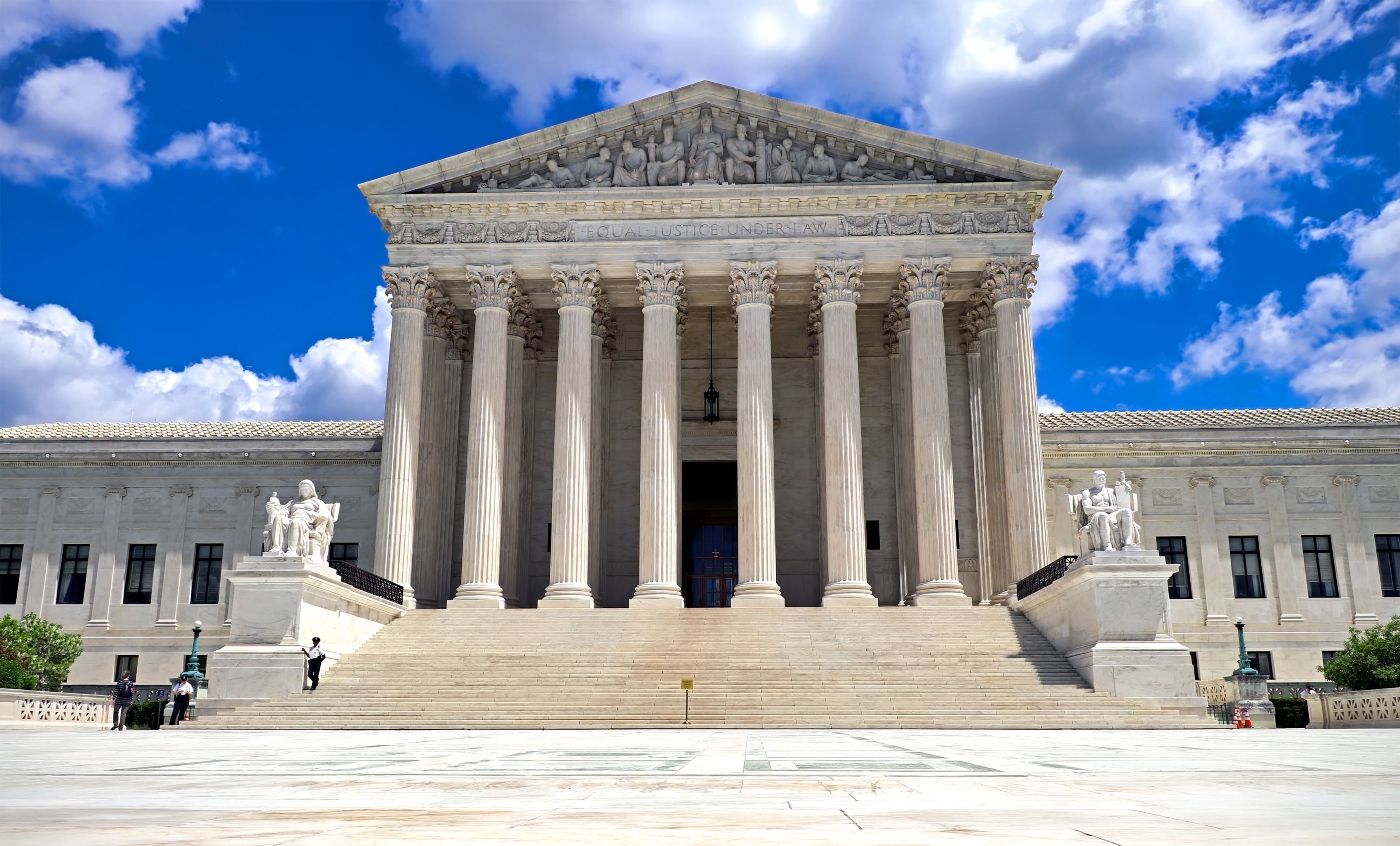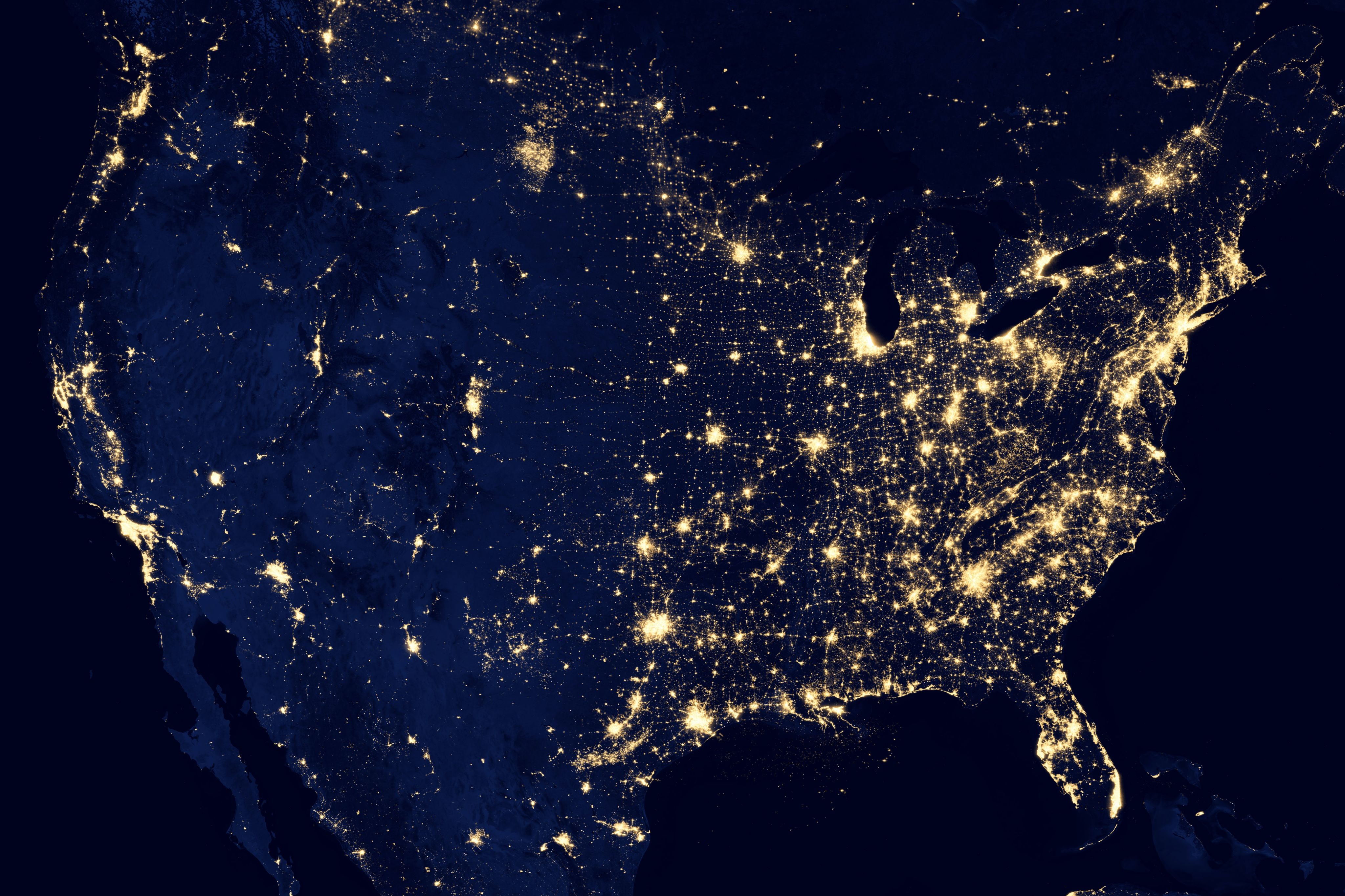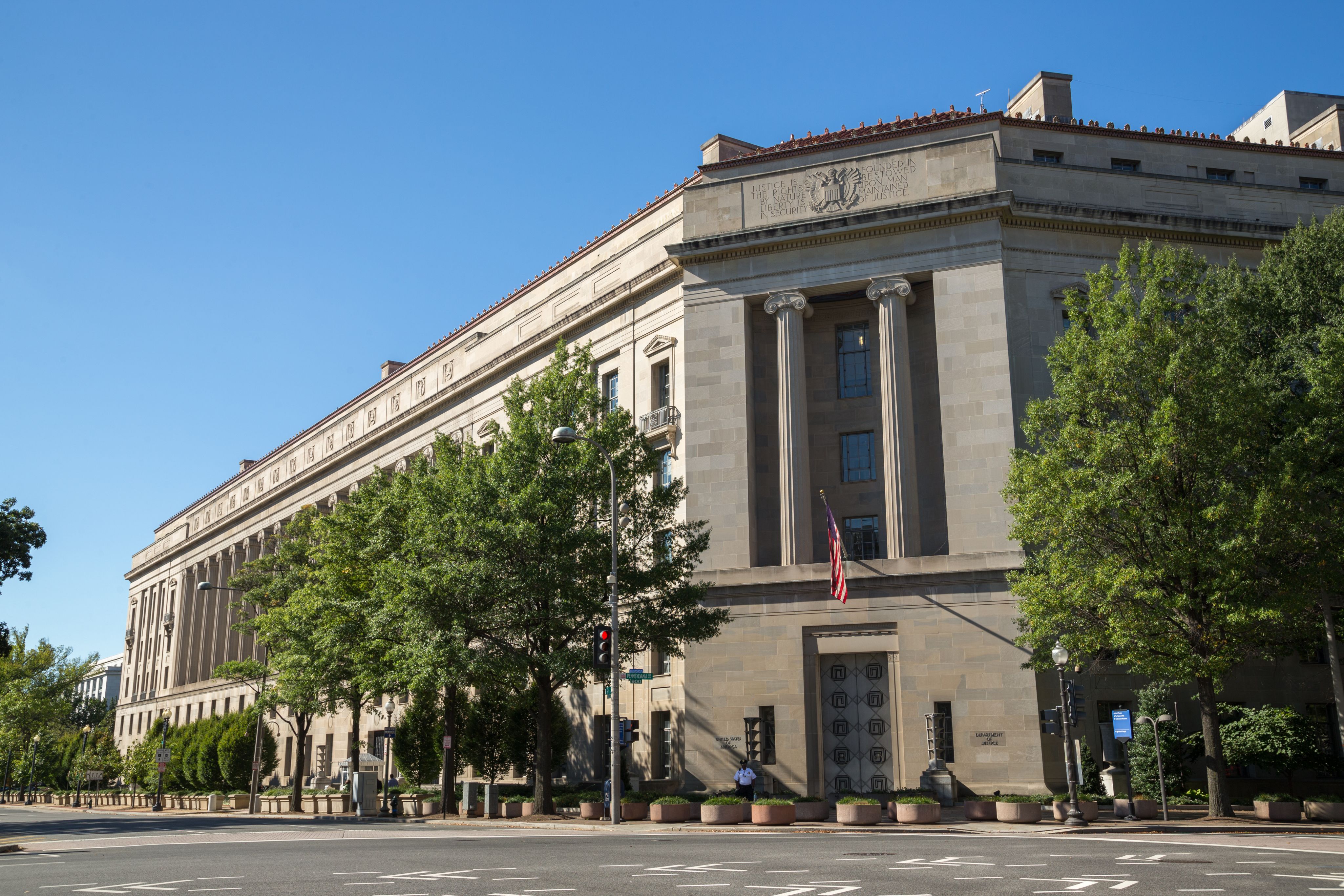US Supreme Court restrictions on regulatory agencies will invite legal challenges
US Supreme Court restrictions on regulatory agencies will invite legal challenges
28 June 2024
By Madeline Hughes, Samuel Rubenfeld, Khushita Vasant and Neil Roland
The US Supreme Court has overturned 40 years of precedent that allowed federal agencies to reasonably interpret ambiguous laws, instead giving courts the power of interpretation that will limit regulatory authority across the federal government aimed at ensuring financial stability, protecting clean air and water, and preserving food and drug safety.
In a decision on a pair of cases, the high court ruled that the Administrative Procedure Act requires courts to exercise independent judgment to decide whether an agency acted within its statutory authority. Today’s ruling on the two cases — Relentless v. Department of Commerce and Loper Bright Enterprises v. Raimondo — overturned the so-called Chevron doctrine, named for the court's 1984 decision in Chevron v. Natural Resources Defense Council, which allowed agencies from the Federal Communications Commission to offices of the Treasury Department to interpret ambiguous laws.
“The APA, in short, incorporates the traditional understanding of the judicial function, under which courts must exercise independent judgment in determining the meaning of statutory provisions,” Chief Justice John Roberts wrote for the majority. “Perhaps most fundamentally, Chevron’s presumption is misguided because agencies have no special competence in resolving statutory ambiguities. Courts do.”
Today’s decision follows other recent moves by the Supreme Court to take jurisdiction from regulatory agencies and move it to the judiciary. Yesterday, the court ruled that the Securities and Exchange Commission can't use its in-house administrative judges to enforce anti-fraud rules.
“The reversal of Chevron, in conjunction with other major Court decisions, will likely place significant constraints on executive branch lawmaking and will inject significant uncertainty into the regulatory landscape," law firm Jenner & Block wrote today in a note to clients.
Justice Elena Kagan, joined by Justices Sonya Sotomayor and Ketanji Brown Jackson, dissented, saying the decision would likely upend much of the US government’s ability to function. Jackson recused herself from Loper Bright, so she only joined the dissent as it applied to Relentless.
“In every sphere of current or future federal regulation, expect courts from now on to play a commanding role,” Kagan wrote. “It is not a role Congress has given to them, in the APA or any other statute. It is a role this court has now claimed for itself, as well as for other judges.”
Today’s decision leaves agencies’ regulatory decisions open to legal challenge. Over its 40-year history, Chevron was cited in thousands of court decisions upholding federal agencies’ interpretation of laws.
Likely challenges
Business groups have been quick to applaud the court’s decision, which will likely tee up more lawsuits challenging the authority of regulatory agencies.
"Today’s decision is an important course correction that will help create a more predictable and stable regulatory environment,” said Suzanne P. Clark, president and chief executive of the US Chamber of Commerce. "The Supreme Court’s previous deference rule allowed each new presidential administration to advance their political agendas through flip-flopping regulations and not provide consistent rules of the road for businesses to navigate, plan, and invest in the future. The Chamber will continue to urge courts to faithfully interpret statutes that govern federal agencies and to ensure federal agencies act in a reasonable and lawful manner."
The FCC’s recent reclassification of broadband under Title II of the Communications Act — which would classify Internet service as a public utility — is likely in jeopardy, as a pending lawsuit challenges the commission’s authority to interpret the law to create those rules.
A previous iteration of the rule that took effect in 2015 was upheld by the US Court of Appeals for the DC Circuit, which cited Chevron when it allowed the FCC to interpret the Communications Act to allow for reclassification.
Multiple telecom trade associations are challenging the FCC's authority to implement net neutrality rules set to go into effect this July.
“Courts have, on multiple occasions, found ambiguity in the statutory language, which ‘by definition means that Congress has not clearly authorized’ the Commission’s current exercise of authority,” the telecom companies said.
The largest anti-money laundering overhaul in half a century is also in jeopardy.
Closing gaps in the legal and regulatory framework against money laundering and terrorism financing is a top priority of the US Treasury Department’s national illicit finance strategy issued last month.
But the process has been slow and fitful, even before today’s decision.
Treasury's Financial Crimes Enforcement Network is still in the middle of rolling out rules implementing aspects of the Corporate Transparency Act and Anti-Money Laundering Act, laws passed over Trump’s veto in early 2021. The laws overhaul the Bank Secrecy Act, which was signed in 1970.
Rules already finalized by FinCEN have concerned, among other things, which companies must disclose who beneficially owns them, and who can access a database containing the names.
The ownership database went live on Jan. 1, but thousands aren’t identified by name because a federal judge in Alabama ruled the Corporate Transparency Act is unconstitutional. The government has appealed the ruling, and oral argument before the US Court of Appeals for the Eleventh Circuit is scheduled for September, according to the court docket.
Rules still in the proposal stage include a planned requirement for investment advisers to implement anti-money laundering compliance programs and report suspicious activity, and an effort to stop dirty funds from flowing through the US real estate sector. Industry groups have weighed in, seeking changes and raising concerns.
Representatives from FinCEN didn’t respond to a request for comment.
US financial regulators also have dozens of rules in the works and proposals under consideration by Congress, which are likely to face challenges because of today’s decision.
The most hotly contested involve Basel III capital increases for large banks, company climate-disclosure rules, and cryptocurrency regulatory authority.
The SEC is facing industry challenges to its recently adopted climate disclosure rules for companies. Those rules face pending judicial review of consolidated Eighth Circuit petitions.
‘Business as usual’ for FTC, DOJ antitrust enforcement
Other agencies, such as the Federal Trade Commission, that have longer standing laws underpinning their legal authority may be left relatively unscathed under the latest decision.
The two laws the FTC primarily relies on — Section 5(a) of the FTC Act and the Clayton Act — have a 100-plus-year history that predates the 1984 Chevron decision. The pair of laws have long been interpreted to grant the agency wide authorities for its consumer protection and competition work, which would leave the agency’s authorities largely intact, MLex understands.
The agency has largely not relied on Chevron.
However, new consumer protection rules could face challenges because of today’s decision. The FTC has had a certain interpretation of what its authority means under the Telemarketing Act, and it promulgated and defended rules as needed by referring to Chevron.
The FTC's Bureau of Competition and the Justice Department’s antitrust division have historically not relied on Chevron deference for antitrust enforcement, either, so today's decision "largely means business as usual," antitrust lawyer Joshua Goodman told MLex.
The FTC is currently facing challenges to its new rule to ban noncompete clauses, but the FTC's defense doesn’t rely on the concept of Chevron deference, he said.
In terms of Hart-Scott-Rodino Act rulemaking, the Supreme Court's decision may impact the types of challenges that the FTC sees to that rule and how it responds to those challenges. The DC Circuit did rely on Chevron deference in a prior case related to an HSR rulemaking, but it was a very specific issue, Goodman said.
For access to exclusive news and deep-dive analysis on regulatory developments in the US and across the globe, activate your instant trial of MLex today.

More from MLex





